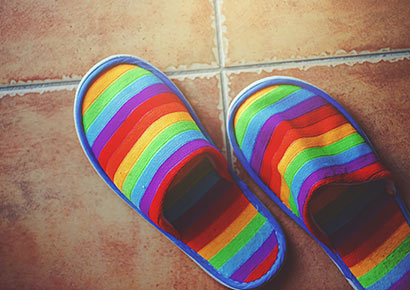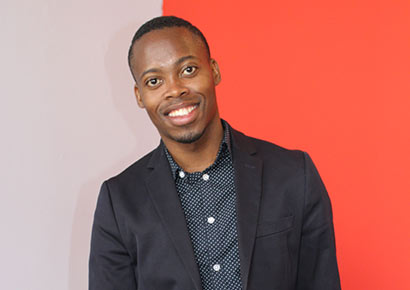Opinion | Do we ever really stop coming out?
 I don’t remember a day when I was not gay, or at least where I was straight. The sad thing about this is that as young as six I was being bullied, called names, teased, and physically tormented for being gay.
I don’t remember a day when I was not gay, or at least where I was straight. The sad thing about this is that as young as six I was being bullied, called names, teased, and physically tormented for being gay.
I was ten when I first cried to my grandmother because I had finally broken. I was for the longest time called stabane and it was never with a loving or affectionate tone. So, every time people ask me about coming out, I don’t know what to say – because I don’t have those elaborate and cute stories of how I sat my family down or wrote a note, or was caught with my pants down and then had to admit that I was in fact gay.
Over the years I have heard different people narrate their coming out stories; from the awful “they found my gay porn on my computer and I had to explain”, the sweet “I wrote them a letter and then sat them down” to the ghastly, “I was questioned and marched into a conversion therapy session”. Coming out, often described as a compulsory part of the coming into our being as queer folk, is one of those things I passionately advocated for earlier on. Even though I never had to do it, nor was I forced to, I still believed that people must come out.
I have since come to hold the view that coming out mainly benefits those of us who crave representation and community; to have more and more people like ourselves being seen and therefore helping us achieve a sense of ‘normal’. If people see more of us, then we can be believed to exist within our communities. I hold this view because when growing up I needed to see more gay people. The more of us there were, the less likely it would have been for me to be called stabane with contempt.
But what is the inverse side of this coin? I remember meeting a young gay man, as a teen, who was estranged from his family. He later died, without reconciling with them. What had caused the severed ties? He came out, believing that his family would accept him for who he was. It didn’t go as desired and he left home after months of being reminded how he was ‘the devil incarnate’.
This is the side of the coin I never experienced. It is something I had never thought of in the talks and posts in which I advocated that coming out is the pinnacle of self-acceptance as a queer person. Many have suggested that we can come out once we are independent; your family can hate you but by then you don’t need them to survive. It’s a sad and hefty price to pay.
I recall being interviewed for a job at a law firm. Because I had worked at an LGBTIQ NGO, I was asked about my sexual orientation. I could have lied and said I was just a human rights defender who believed in the rights of all, but I chose to come out then to my would-be boss. I didn’t think much of it at the time, but later I realised that by making that admission that early on, I had somehow branded myself. I was the “gay one” in anything we did and it affected how I was seen in that ‘conservative’ industry.
Later, we had another gay colleague join the organisation but he only ‘came out’ months afterwards. It was welcomed quite differently, compared to my own situation. The social and subtle cues were different for both of us. (That sad tool ‘gaydar’ had missed him but somehow had identified me.)

Motlatsi Motseoile
I have never loved myself any less, despite being pushed by society to not do so. I came out to myself as soon as I had my first crush on a boy and I have never looked back. I spoke of a boyfriend when I referred to a partner to my family and, when it was age appropriate, I introduced a man to my family. I didn’t realise then that with every one of those actions, I was coming out.
When I spoke on national and international TV about the rights of LGBTIQ people, I was coming out. When I was appointed to be a subject specialist on an LGBTIQ campaign, I was coming out. Even in writing this piece, I am coming out.
Will we ever stop coming out, by speaking on matters that should be of concern to all, by being present in LGBTIQ occupied spaces, by being friends and family with LGBTIQ people?
Considering the dangers that affect the well-being of LGBTIQ people, and the toxicity that is rampant within our societies, are we going to continue demanding that people come out in order for us to see them in their fullness? And will we ever reach a time when we will finally be able to stop having to come out, again and again and again?
- Facebook Messenger
- Total176
Well done! You make some great points that I agree with – and many I can relate to. Best LGBTI opinion piece I’ve read in a while.